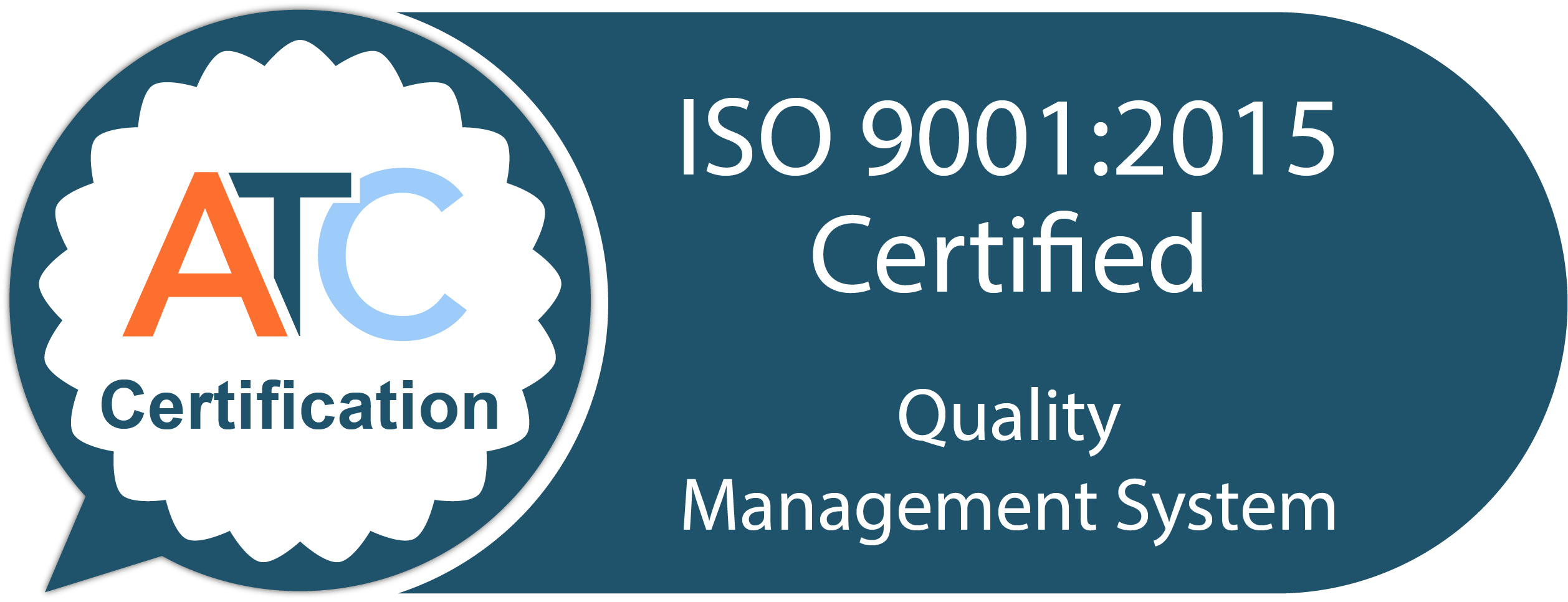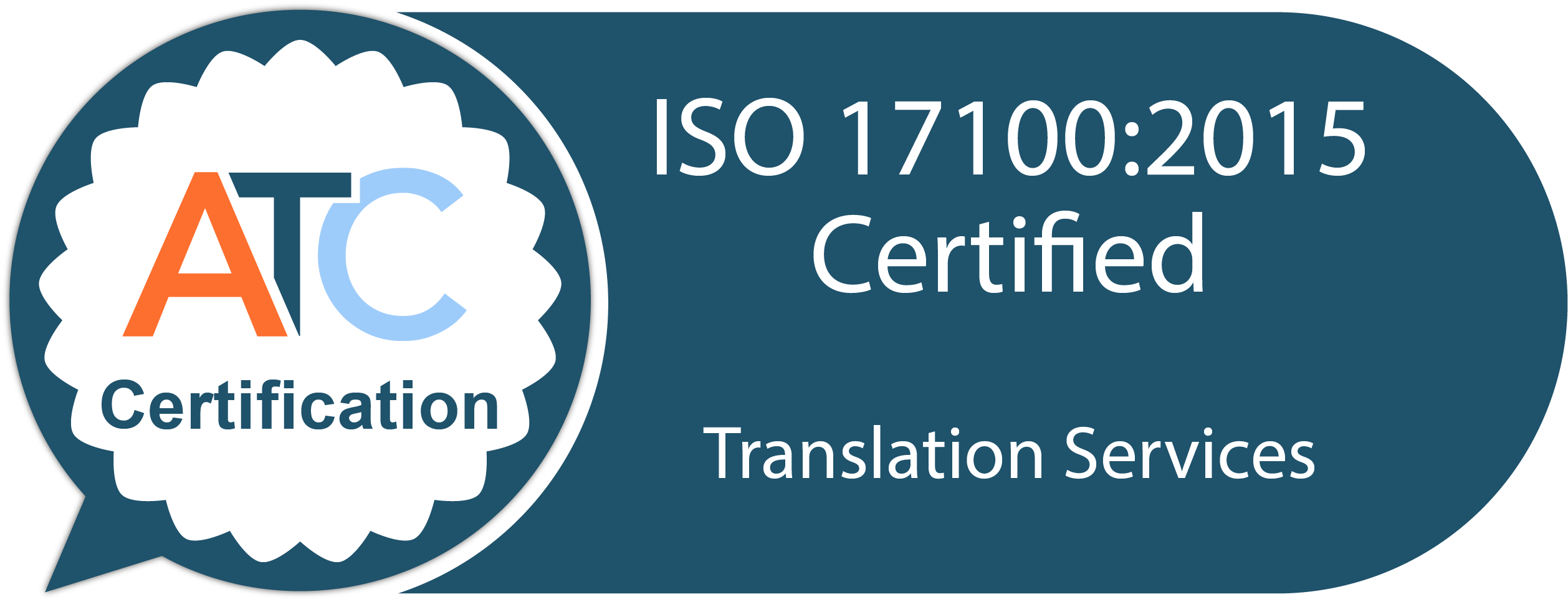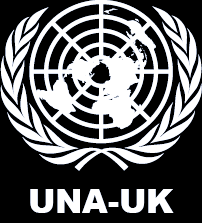When it comes to translating legal documents, precision is paramount. Whether you are dealing with contracts, court documents, or notarised statements, a single mistranslation can lead to costly misunderstandings or legal complications.
That is why selecting your right translation partner for certified legal translations is crucial. But what qualifications and credentials should you look for to ensure you are partnering with a reliable provider?
At My Language Hub, we are experts in legal translations and certified translations, with years of experience in delivering high-quality, accurate translations. Below are the key qualifications and credentials you should consider when choosing a legal translation provider:
















